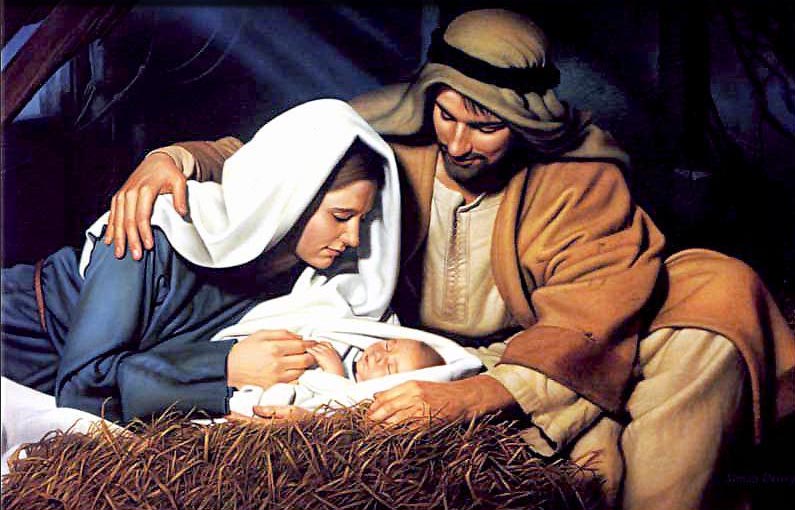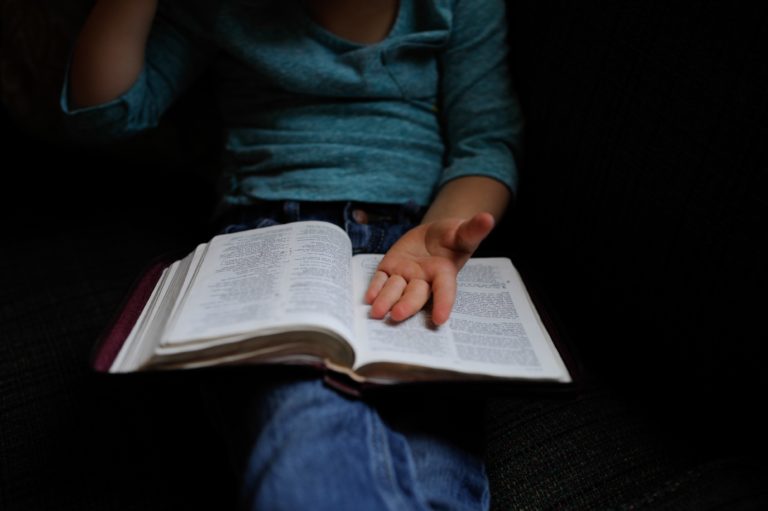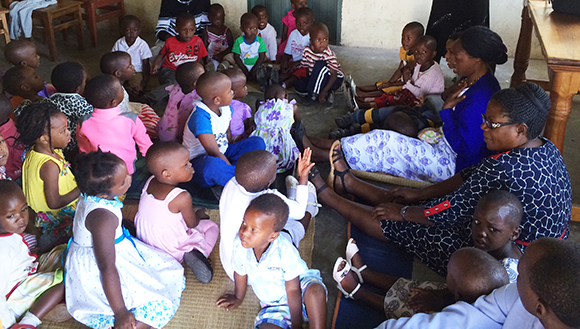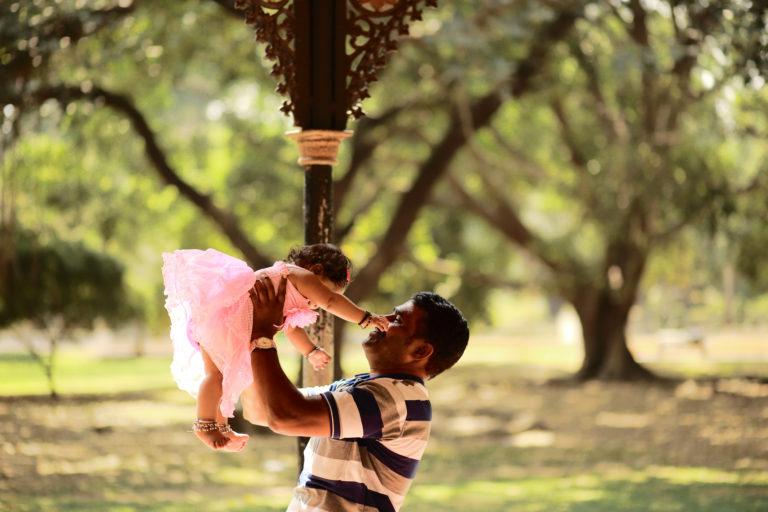Why the Baby Jesus matters

In September, my wife lost her mother to liver cancer and Oleta Faye Earles went to be with the LORD. During the days leading up to and after her passing, our family received an outpouring of love in cards, e-mails, Facebook posts and the like. In all the beautiful correspondence, Marla and I noticed that there were two kinds of responses. Those who had not lost loved ones, and those who had. We noted that people who had lost loved ones wrote incredibly empathetic e-mails and cards, and seemed to know how we felt. It was apparent that they had experienced so many of our feelings. They could relate.
God identifies with children through the Baby Jesus
It is for this reason that Christmas and the Baby Jesus stand as monuments to God’s love for boys and girls all around the world. When He chose to enter this world by birth as the Baby Jesus, He immediately entered into the experiential world of children. He chose to be entirely dependent on parents, He cried for nourishment, learned and grew in wisdom and stature. He studied and learned how to read and write. He played with other boys and girls. Jesus learned to sing, ride a donkey, draw water from a well, pick figs from a tree and all the other adventures of childhood. As the Baby Jesus, a child and a young man, He experienced all of the struggles and challenges that children face each day in this world.
Therefore he had to be made like his brothers and sisters in every respect, so that he could become a merciful and faithful high priest in things relating to God, to make atonement for the sins of the people. Hebrews 2:17 NIV
In Hebrews 2:17, we read of Him being made like His brothers and sisters in every way, in order that He might become a merciful and faithful high priest. This crucial passage is usually read by adults, so instinctively we think of Jesus identifying with us in our adulthood and are comforted knowing that He understands our burdens. Interestingly, the passage begins in Hebrews 2:14 with the statement, “Since the children have flesh and blood, He too shared in their humanity…” Children are often understood in reference to Christ’s followers; however, because of the Baby Jesus born in Bethlehem, we can be assured that He actually referred in scripture to real boys and girls.
God identified directly with children as the Baby Jesus lying in the manger at Bethlehem, shouting out, “I can relate!”
In His Steps,
Daniel C. Watts
President




